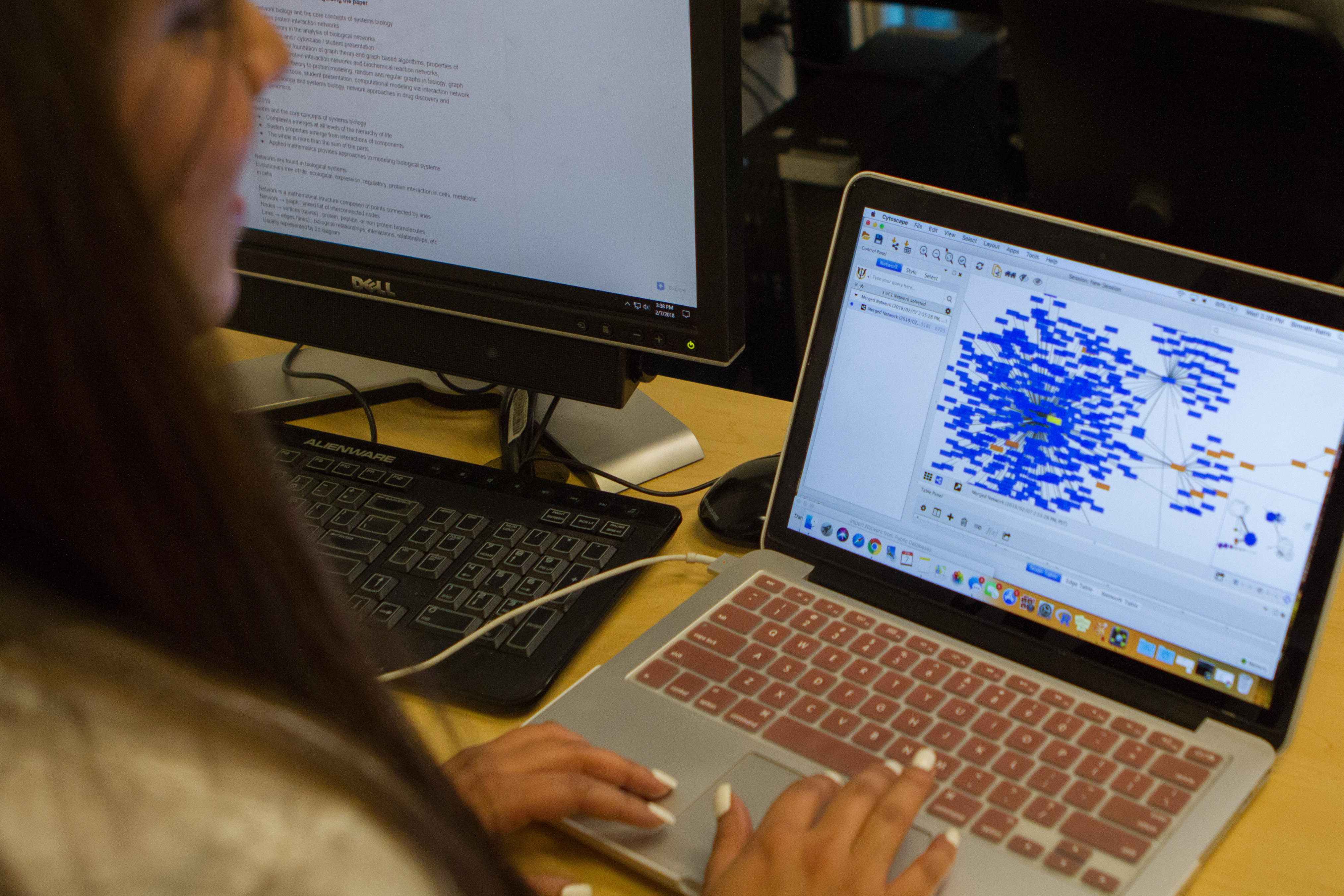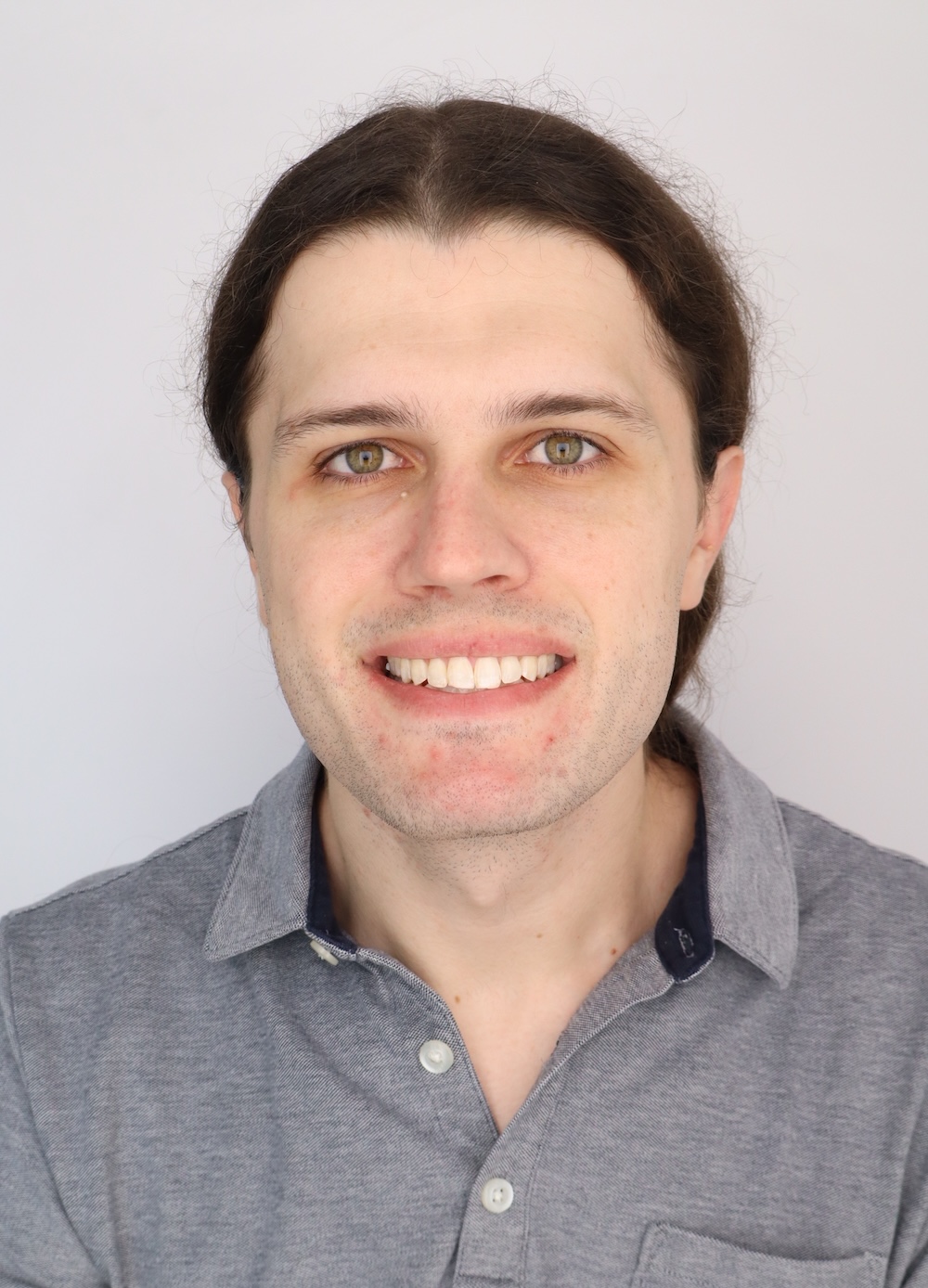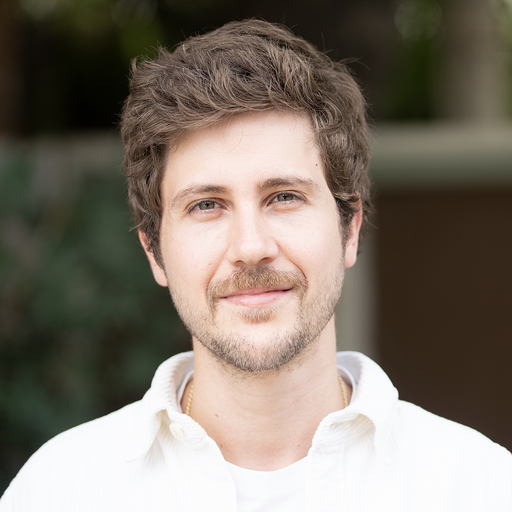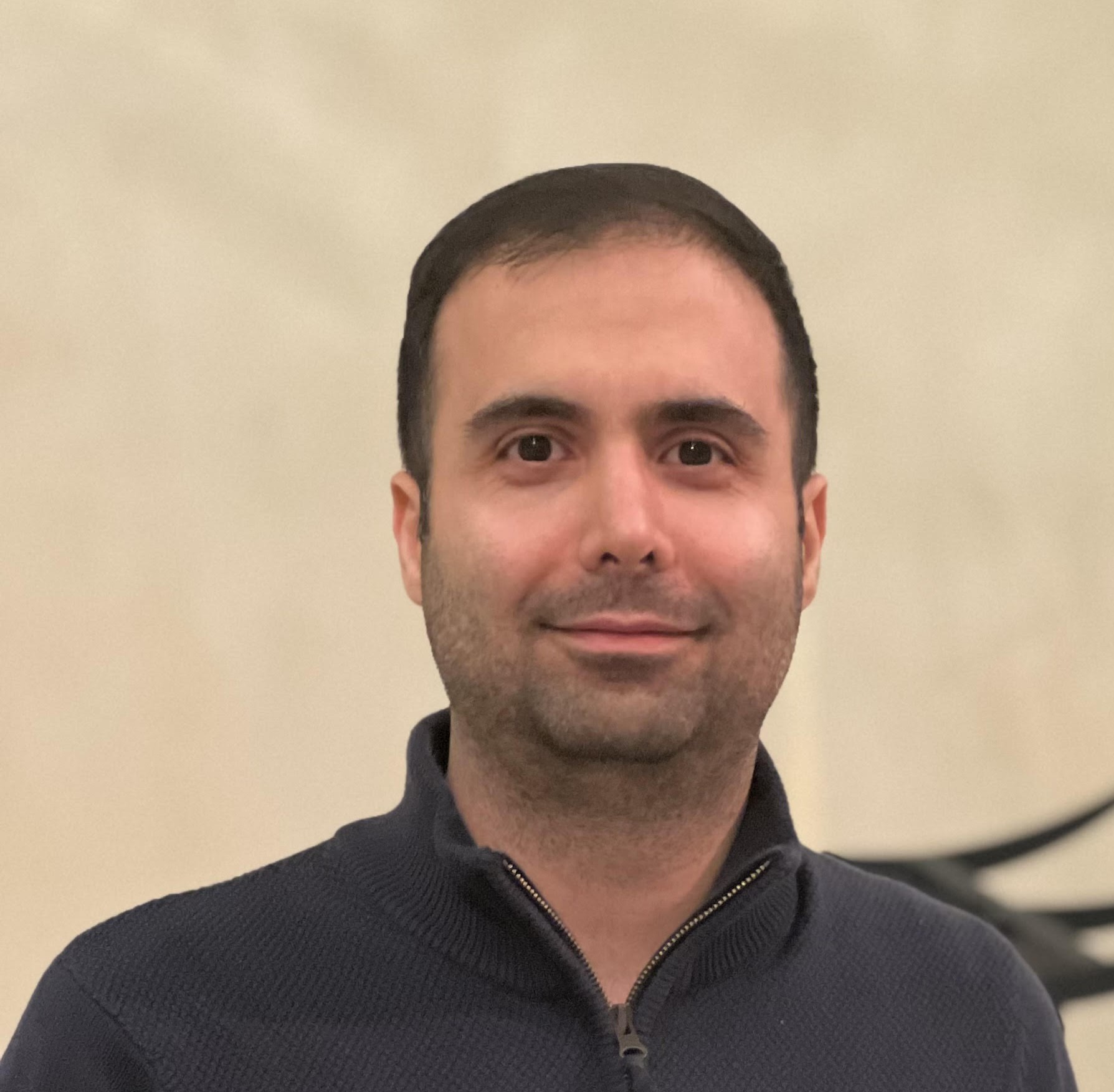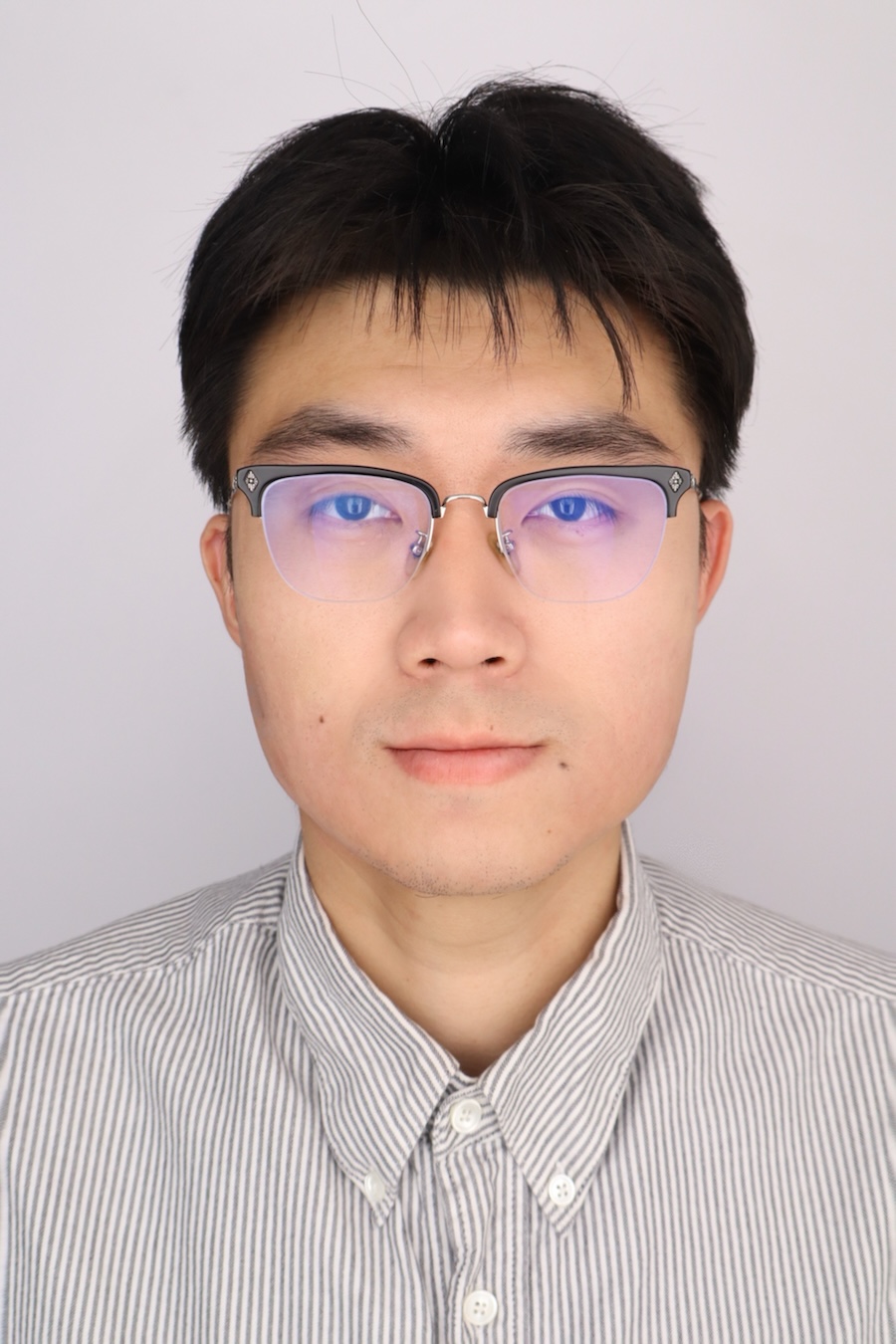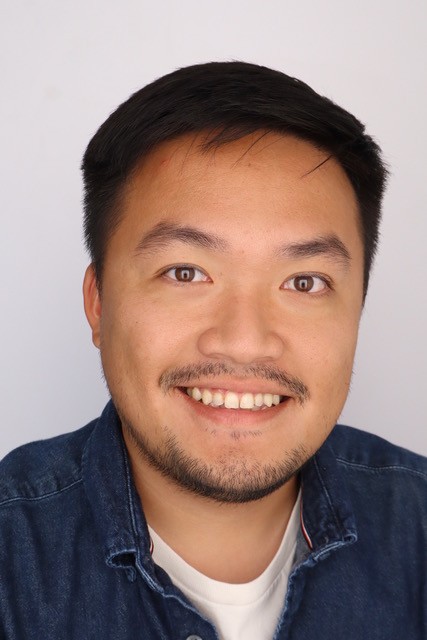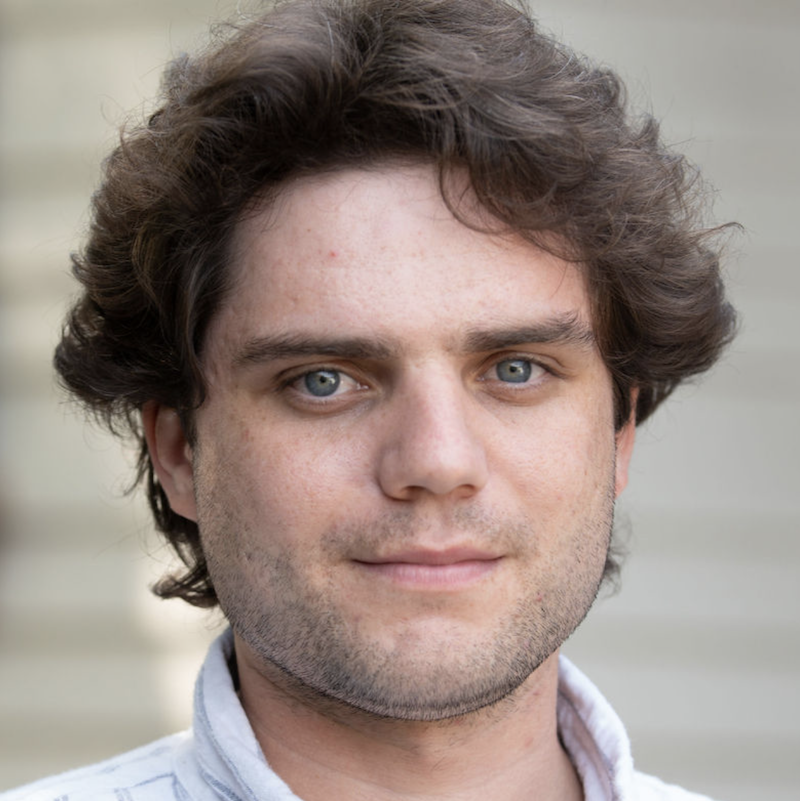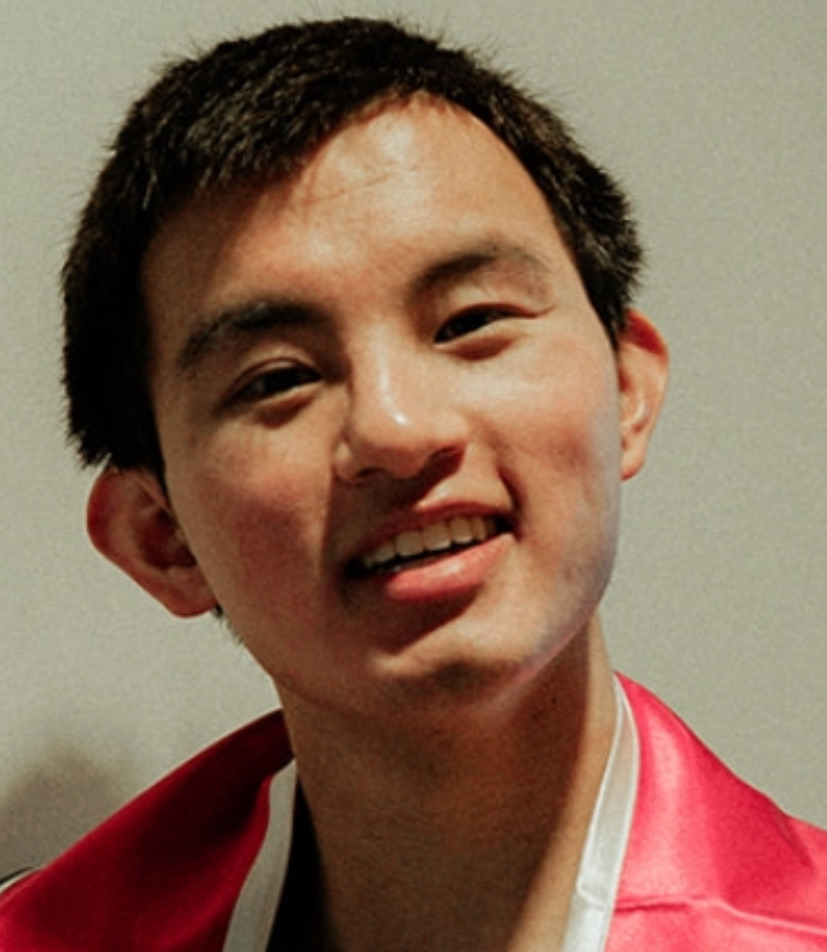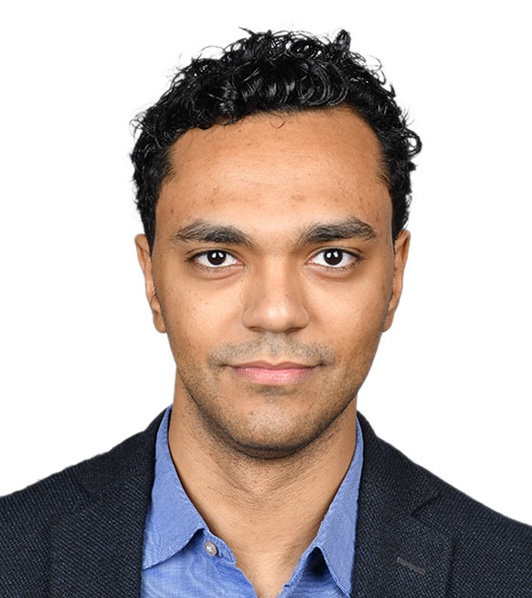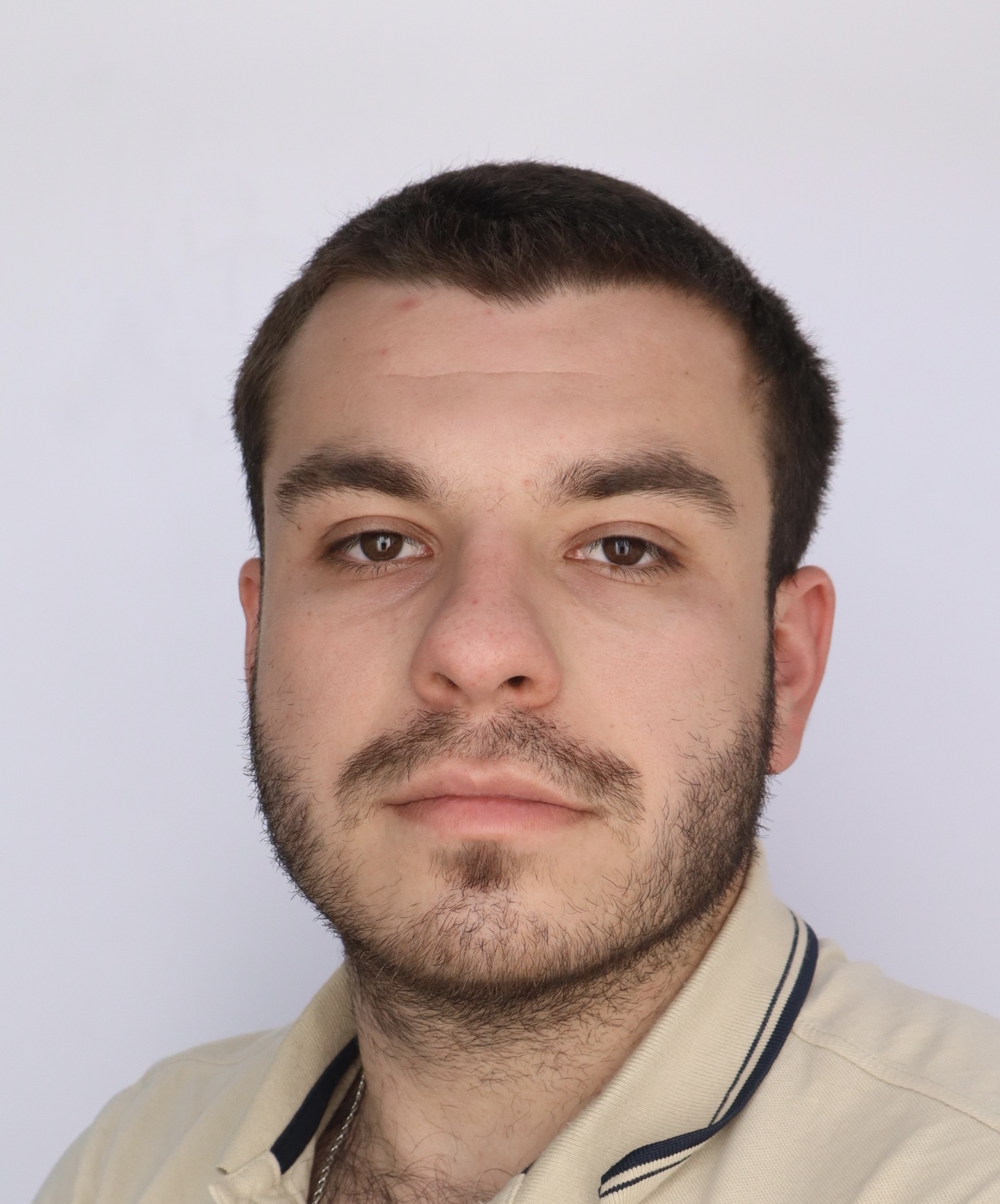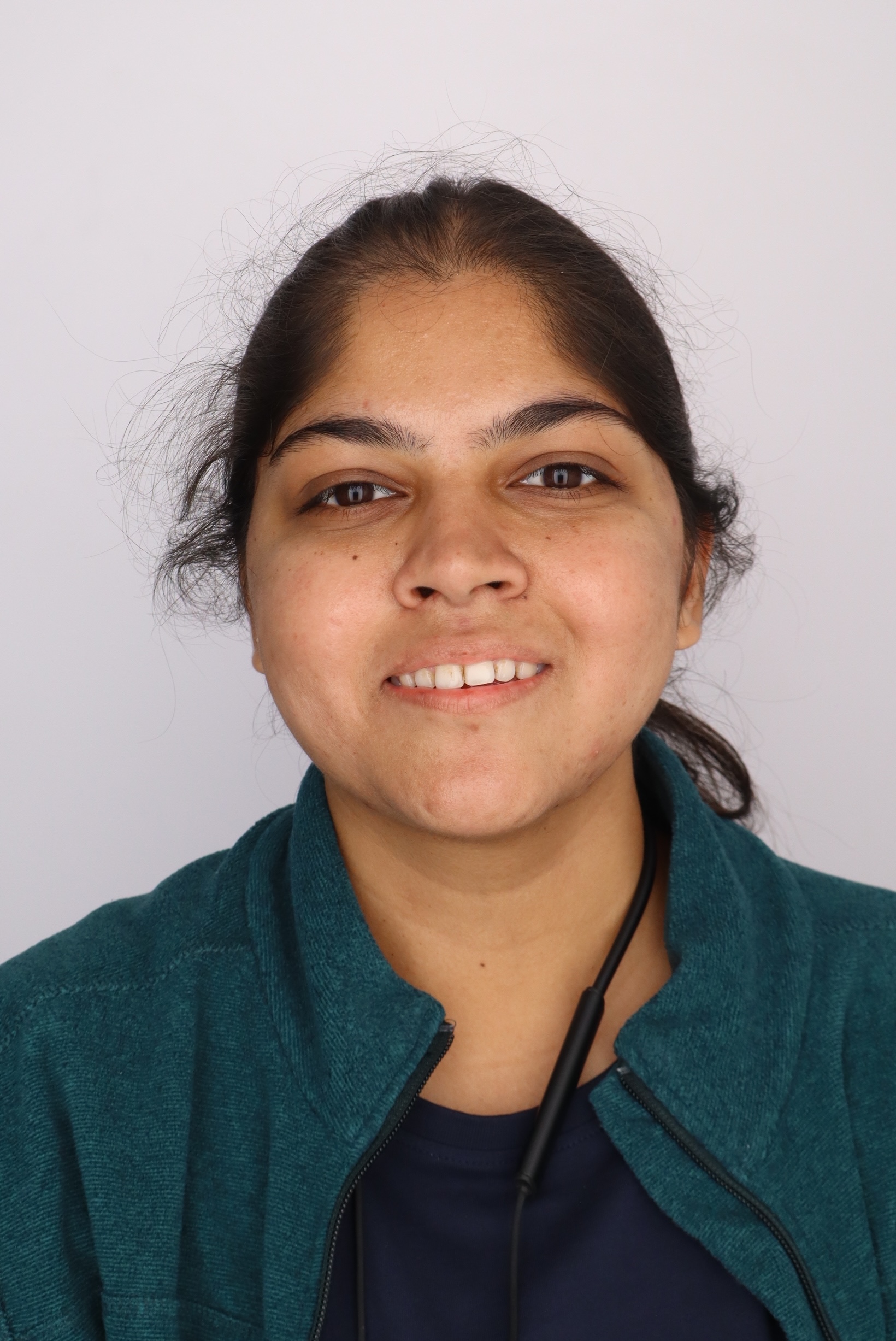Q: What is required for admission to the program?
A: Please review our admissions requirements for more information. You may also contact
our graduate admissions team at (714) 997-6711, or gradadmit@chapman.edu
Q: Am I required to take the TOEFL (or equivalent)?
A: Applicants who have completed their bachelor’s degree or higher at an institution
where English was not the primary language of instruction must submit scores for an
English Proficiency exam. Chapman University's institution code for the TOEFL is 4047.
Q: Who should my letters of recommendation come from? May I submit additional letters?
A: Letters of recommendation should come from former faculty members or those you've
worked with in industry who can attest to your academic and professional abilities.
Two letters is recommended, but you can submit more if you wish.
Q: Can I send in transcripts to show coursework from non-degree granting institutions?
A: Yes, all courses you have completed will be taken into account by the admission committee.
Q: Can I submit my application before I have all the necessary documents?
A: Yes, although some sections are required before submitting. Admissions will hold your
application and notify us as your documents become available. You will not receive
an admissions decision until all documents have been received.
Q: How many students are accepted each year?
A: The Ph.D. program accepts an average of 8 applicants each fall.
Q: Do you accept admissions on a rolling basis?
A: No, students are admitted once a year – for the following fall semester.
Q: What is the cost of the program?
A: The 25/26 cost of the Ph.D. program is $1,965 per credit. However, most students receive
funding and TA opportunities.
Q: How long does the program take to complete?
A: Normative completion to the doctoral degree is 4-6 years, depending on the student’s
level of preparation, research topic, and rate of publication.
Q: Am I allowed to attend part-time?
A: Yes, although part-time Ph.D. students are expected to provide their own funding.
Q: Is this program online?
A: No, this program is not online and does not offer any hybrid courses.
Q: When are classes offered?
A: Most courses are offered in the afternoons and evenings.
Q: Can I transfer courses?
A: Up to 18 credits may be accepted as transfer credit. We accept both standard and online
courses that meet all transfer requirements and are from regionally accredited schools.
Q: Is there financial support available?
A: Yes, highly qualified Ph.D. applicants will be offered financial packages upon admission.
Q: Do I find out about available assistantships?
A: Students who would like to be considered for assistantships should send their CV and
evaluations from any previous teaching assignments to the Program Coordinator prior
to the application deadline. Please specify level of knowledge in each of the following
undergraduate areas: math, physics, statistics, and/or computer science.
Q: What scholarships are available?
A: Students are encouraged to apply for external scholarships sponsored by government
agencies, corporations, and foundations. Some scholarship search options are found
on the Financial Aid - Outside Scholarships page.
Q: What are the housing options?
A: On-campus housing is extremely limited and graduate students are encouraged to research
alternative living arrangements off-campus by visiting our Introduction to Off-Campus Living page. After being accepted to the program, you can connect to the community through Facebook Off Campus Housing and Roommate Corner and Off-Campus Housing Listings. International students should also check with International Student & Scholar Services.
Additional Information for International Students:
Q: Are Chapman's Computational and Data Sciences degrees STEM (Science, Technology,
Engineering, Mathematics) programs?
A: Yes, students in our program are eligible to apply for STEM benefits. See the International Student & Scholar Services for more information. You can also contact the International Student Services Office
at iss@chapman.edu or (714) 744-2110, with any questions.
Q: What is OPT?
A: Optional Practical Training or OPT allows you to work for one year, following graduation,
in a job related to your major or field of study. See the International Student & Scholar Services for more information. You can also contact the International Student Services Office
at iss@chapman.edu or (714) 744-2110, with any questions.
Q: What is CPT?
A: Curricular Practical Training or CPT allows you to participate in an off-campus paid
internship that is related to your major or field of study. See the International Student & Scholar Services for more information. You can also contact the International Student Services Office
at iss@chapman.edu or (714) 744-2110, with any questions.
